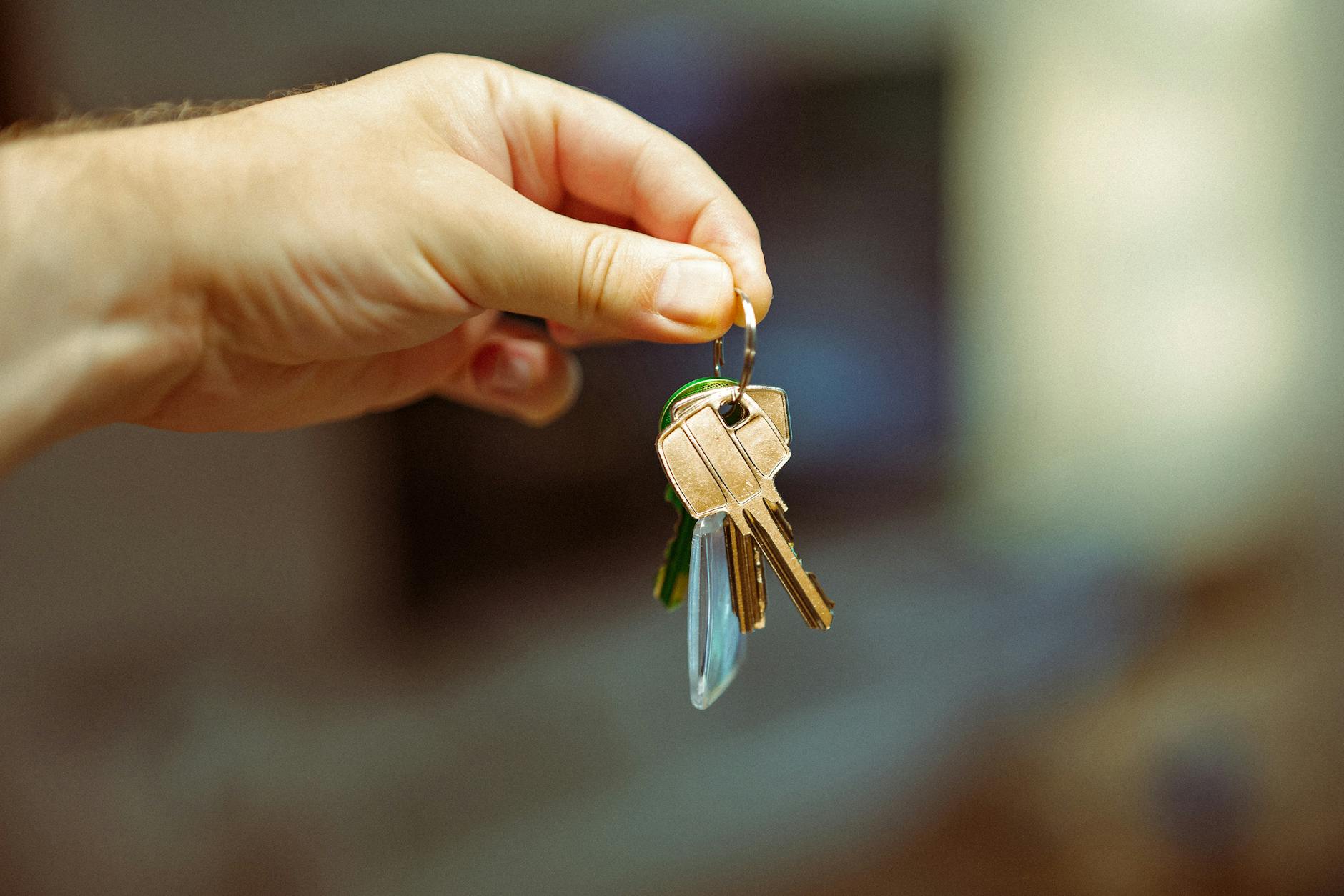Effective Property Management Tips for Rental Property Owners
Effective Property management tips for rental property owners
Managing rental properties efficiently is key to maximizing returns and ensuring tenant satisfaction. Whether you own a single rental unit or multiple properties, adopting best practices in property management can save you time, reduce costs, and minimize conflicts. In this article, we will explore essential strategies that rental property owners can implement to maintain their investment’s value while creating a positive experience for tenants. From tenant screening and lease management to maintenance and legal compliance, these tips address the fundamental aspects of effective property management. By understanding and applying these approaches, landlords can protect their properties and build a long-term, profitable rental business.
Selecting and screening tenants carefully
One of the most critical steps in property management is choosing reliable tenants. A thorough screening process reduces the risk of late payments, property damage, or eviction proceedings. Start by setting clear rental criteria related to income level, credit score, and rental history. Use detailed applications and conduct background and credit checks with the applicant’s permission. Interview potential tenants to gauge their responsibility and communication style. The goal is to find tenants who will respect your property, pay rent punctually, and stay for longer lease terms, reducing turnover costs.
Creating comprehensive lease agreements
A well-drafted lease agreement sets expectations for both parties and limits potential disputes. The lease should cover rent amount, payment dates, security deposit rules, maintenance responsibilities, and policies on pets, guests, and noise. Be explicit about the consequences of late payments or breach of contract. Including clauses on property inspections and renewal terms also helps clarify the landlord-tenant relationship. This agreement becomes a legal document that protects your interests while providing tenants a clear understanding of their rights and obligations.
Regular maintenance and timely repairs
Ongoing maintenance is essential to preserve the property’s condition and appeal. Regular inspections help identify issues before they escalate, saving money in the long run. Establish a schedule for checking HVAC systems, plumbing, electrical fixtures, and structural elements. Promptly addressing repair requests enhances tenant satisfaction and reduces the likelihood of bigger problems developing. It is also beneficial to build relationships with trusted contractors who can provide reliable service at competitive rates, ensuring maintenance is both efficient and cost-effective.
Legal compliance and record keeping
Staying abreast of landlord-tenant laws in your jurisdiction is crucial to avoid legal challenges. These laws regulate aspects such as security deposits, eviction processes, property conditions, and fair housing requirements. Educate yourself on relevant legislation, or consult a property management attorney. Maintaining detailed records of leases, payments, communication, and maintenance work helps support your position if disputes arise. Organized documentation streamlines tax reporting as well, allowing you to claim allowable expenses accurately and maintain financial clarity.
| Tip | Benefit | Action step |
|---|---|---|
| Tenant screening | Reduces risk of defaults and property damage | Conduct credit and background checks, verify references |
| Comprehensive lease | Minimizes disputes and legal complications | Clearly outline rules, responsibilities, and penalties |
| Regular maintenance | Preserves property value and tenant satisfaction | Schedule inspections and prompt repairs |
| Legal compliance | Avoids lawsuits and penalties | Stay updated on laws and keep thorough records |
Conclusion
Effective property management demands proactive efforts in selecting tenants, drafting clear lease agreements, maintaining the physical condition of the property, and adhering to legal requirements. Each element supports the others, creating a cohesive system that safeguards your investment and encourages positive tenant relationships. Tenants are more likely to stay longer and take care of the property when guidelines are clear and maintenance is prompt. At the same time, landlords who understand and respect regulations reduce risks associated with legal disputes. By implementing these comprehensive property management tips, rental property owners can optimize their returns and maintain a smooth, successful rental business over time.
Image by: Jakub Zerdzicki
https://www.pexels.com/@jakubzerdzicki
editor's pick
latest video
news via inbox
Nulla turp dis cursus. Integer liberos euismod pretium faucibua

